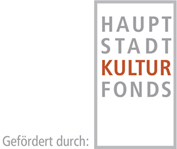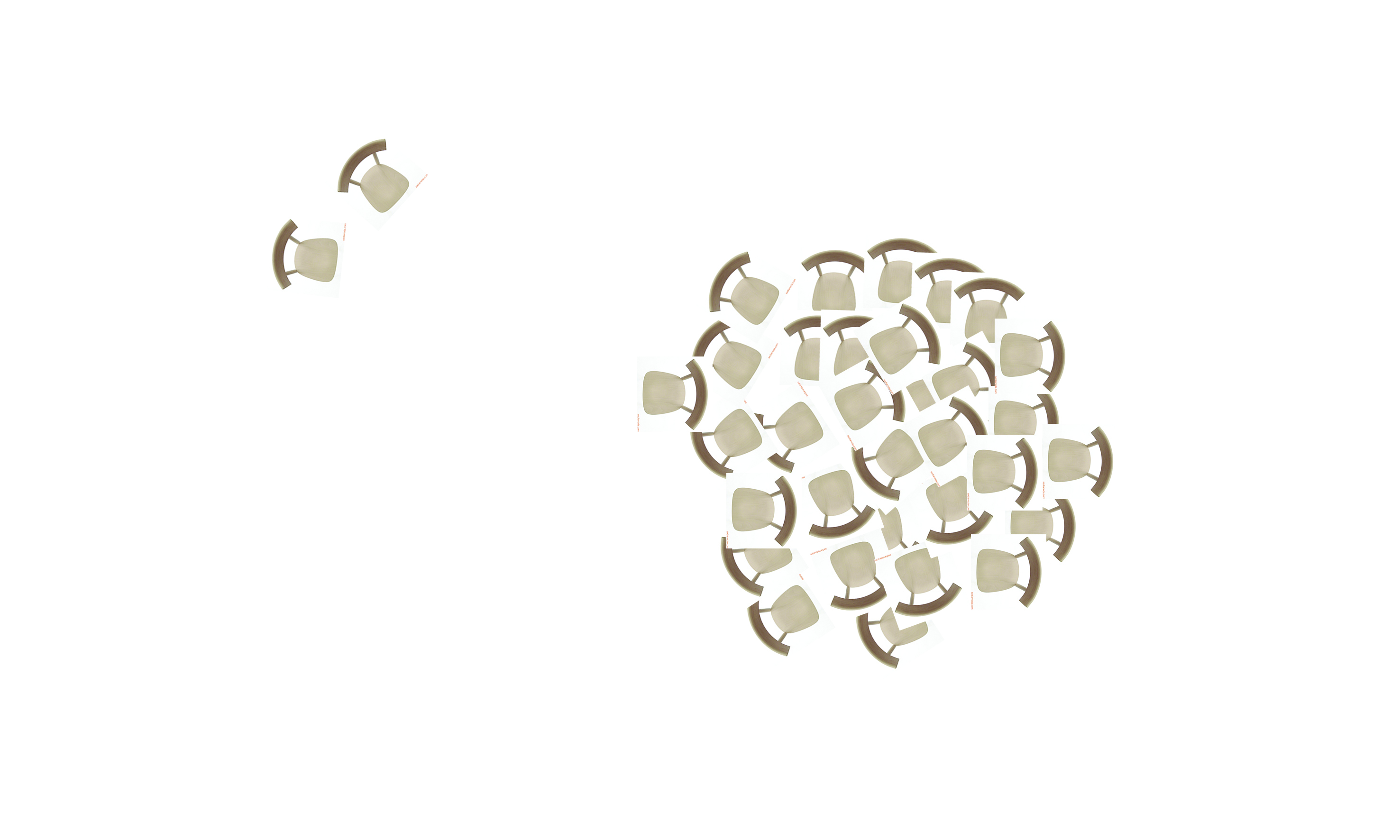A series of dialogues
The symposium was hosted by the International Research Center Interweaving Performance Cultures in Berlin on 10th and 11th October, 2014
How to collaborate? was a format of five dialogues each entertained between two researchers, artists, practitioners who meet up for the first time at Interweaving Performance Cultures in Berlin. On October 10 and 11, five one-on-one encounters exchange on diversities, challenges, theories and practices of collaboration.
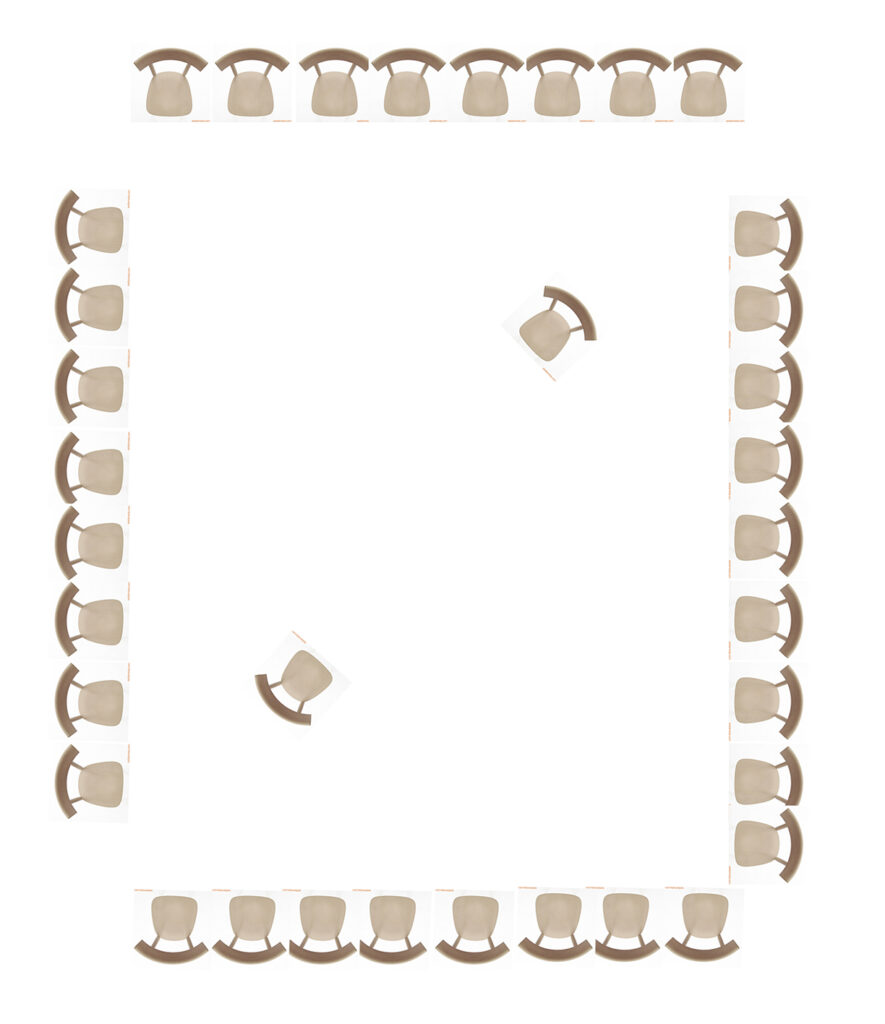
The notion of collaboration has taken on an important significance within the mainstream discourses of politics, society, or the arts. As a value in itself, collaborating means to hold para-individual, collectively produced knowledge against the challenges multiple crises seem to pose nowadays. ‚Yes, we can’ has become the ultimate slogan for a post-individualized generation that wants to empower the weary citizen and make her voice audible and her deeds effective. Collaboration seems to hold some promise for political or social change, it seems to make us morally superior and make us become better human beings, better theoreticians, better artists as we open up to others and their knowledge – in order to improve the world. And is that so?
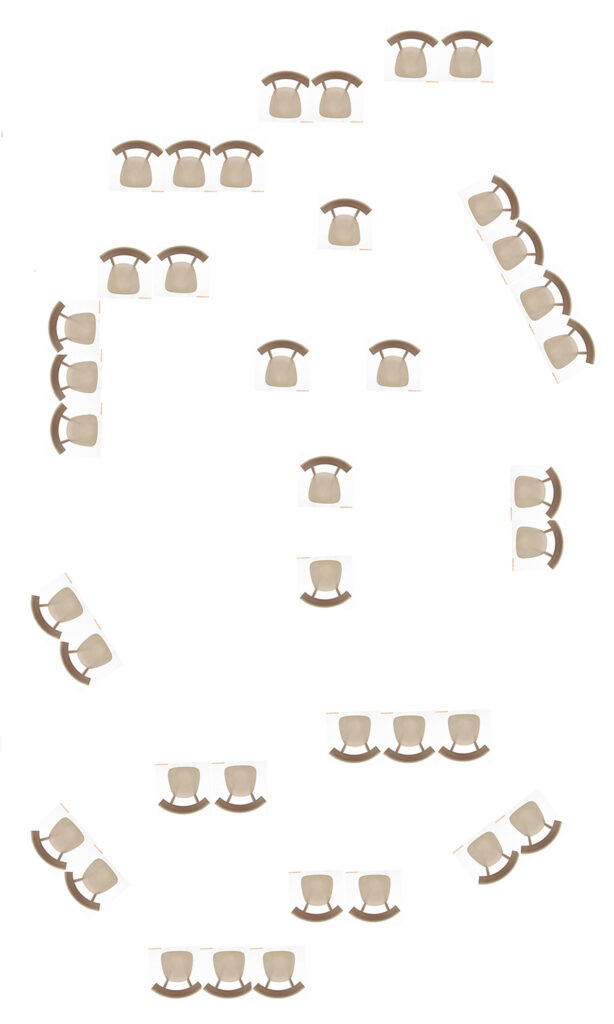
In the fields of the performing and fine arts, lab culture dating back to the beginning of 2000, has established alternative epistemic cultures which leave behind the products of a brilliant solo artist and rather foster a new collectivity of researchers who efficiently work together. New initiatives of mutual participation, local immersion, socio-artistic activism seem to draw from this shift of paradigm, stressing the needs of togetherness, aiming towards communal practices in order to overcome outdated and worn out regimes.
Thus the value of collaboration taken for granted, the question of How to Collaborate is scarcely posed yet. Since how can we collaborate if the notion of difference claims to mark the individual as irreducible singularity, if multitudinous societies seem barely able to define a common denominator, if ethical and political grounds are to be constantly renegotiated during ‚communal projects’ of collaboration? How to collaborate if the very notion of ‚how to collaborate’ is always already at stake during the procedure of collaboration?
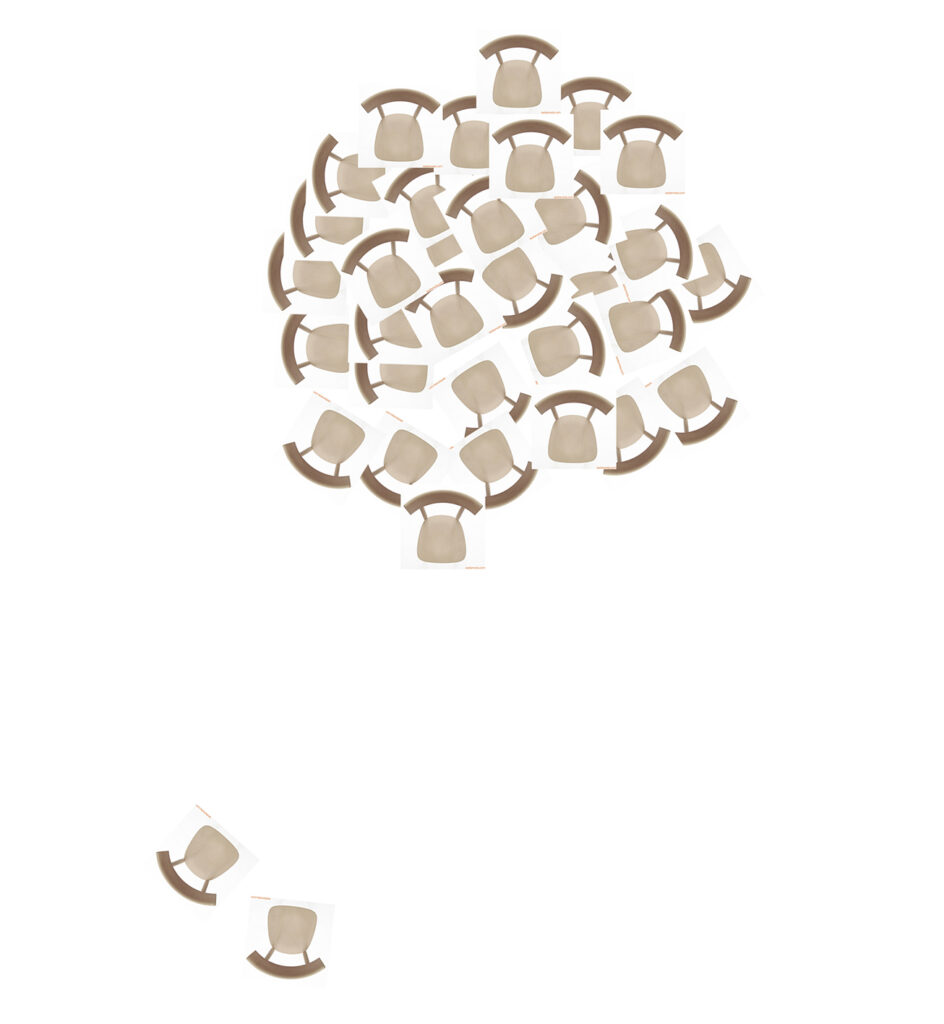
Yet, this project is not looking to develop an instruction manual for successful collaboration. We couldn’t be farther away. We are rather convinced that mutual investigations in methodologies undertaken by a format of dialogues may shed more light on what makes collaboration work – or doesn’t under a given apparatus. What may be needed a.o. are a shared ethos, a certain willingness to understand at first place (before agreeing or disagreeing) and a will to ‚letting go without letting down’; and yet we stay open to what the dialogues dig out during their encounter. Thus we are not aiming at inviting finished lectures, ready keynotes, or monologues ex cathedra. For this format on methodologies of collaborating, we rather believe in dialogue as the proper format of collaboration, especially when it comes to collaborate in talking.
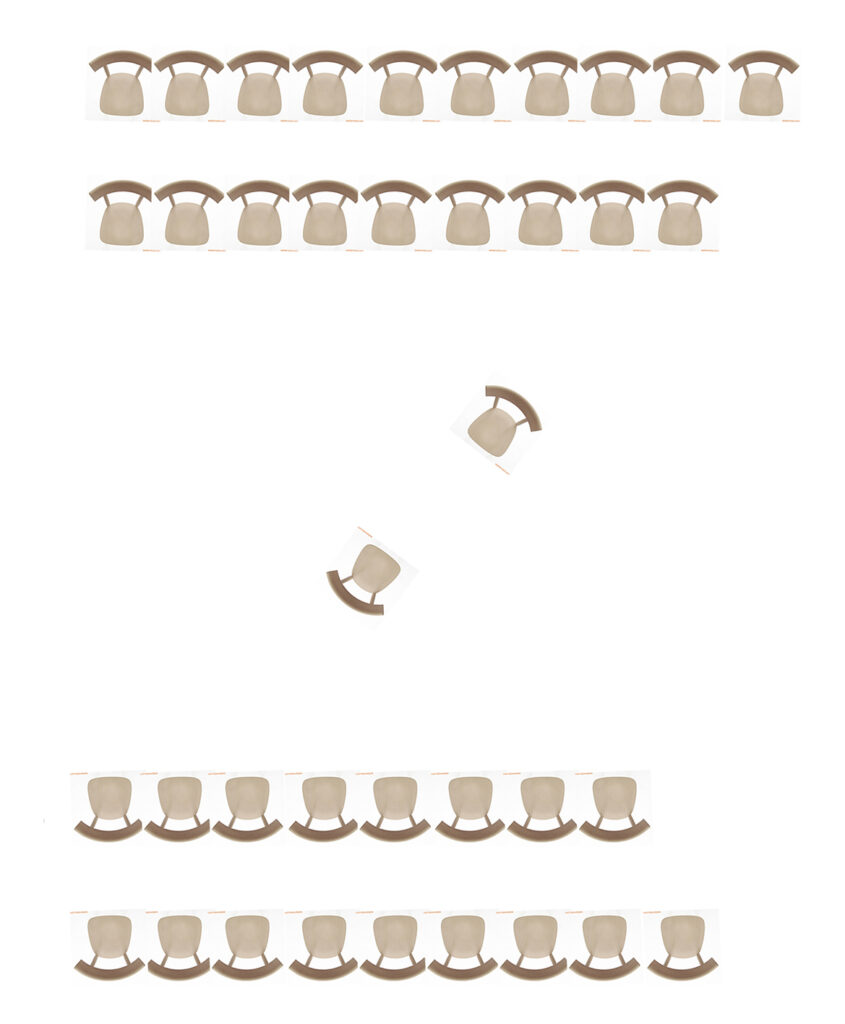
For the symposium, we had invited five knowledgable and experienced theorists and practitioners, asking each of them to extend their invitation to someone they would like to meet and talk to about the subject matter. Preferably, this meeting was to be the first personal one between the two of them. The interlocutors were asked to prep their meeting beforehand so that they have an idea about what is of interest in their meeting and why they are interested in talking to each other. The dialogue between the two interlocutors lasted appr. 60 minutes and wasn’t hosted; thus the talking partners were responsible for the course of the talk themselves. Each dialogue was consecutively set in one of the rooms of the villa of the Interweaving Performance Cultures program. Each session was followed by an intense Q&A session, as the audience were not interfering during the talks. We invited appr. 10 respondents to pursue the dialogues, forming a ‘critical crowd‘ together with the researchers and staff of the research centre. It was mandatory that each invitee staid fully on during the two days of the meeting.
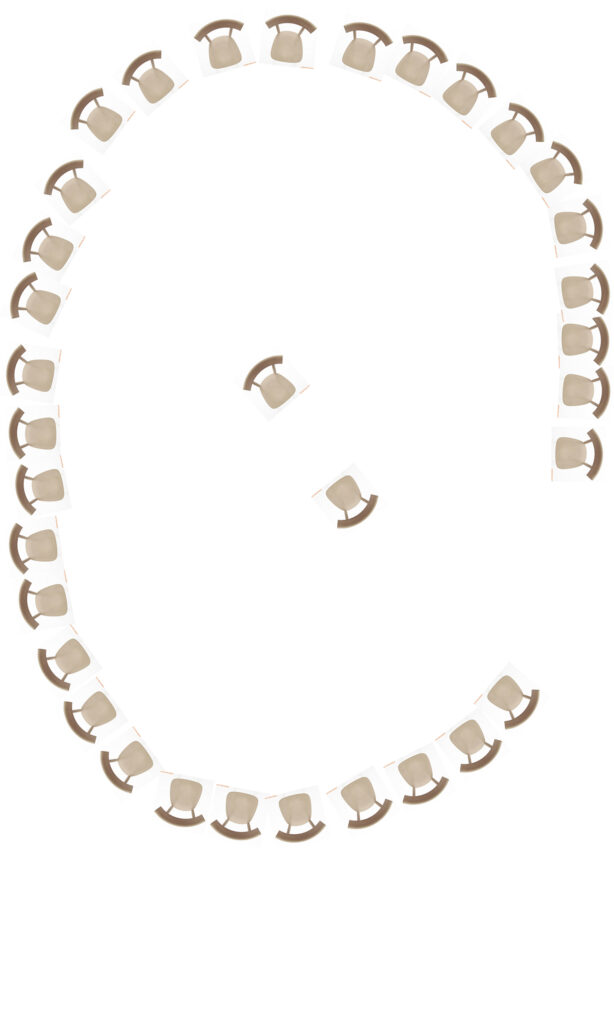
The eponymous book, edited by Silke Bake, Peter Stamer, and Christel Weiler, was published by Passagen Verlag and released on 19th October 2016 at the book fair Frankfurt!
Dialogue A: Bojana Cvejić & Margarita Tsomou
Dialogue B: Manfred Füllsack & Klaus Mainzer
Dialogue C: Nicolas Y Galeazzi & Nikolaus Gansterer
Dialogue D: Maria Lind & Lisa Robertson
Dialogue E: Igor Dobricic & Peter Pleyer
Respondents: Diego Agulló, Ash Bulayev, Alice Chauchat, Anke Hoffmann, Christine Standfest, Bettina Vismann, Siegmar Zacharias and fellows of the research centre ‘Interweaving Performance Cultures’ Sruti Bala, Narges Hashempour, Klaus-Peter Köpping, Kuan-wu Lin, Chetana Nagavajara, Nanako Nakajima, Femi Osofisan, David Savran, Azadeh Sharifi, Stephen Wilmer
Staff Research Center: Erika-Fischer Lichte, Christel Weiler, Holger Hartung, Flo Thamer
Curated by Silke Bake and Peter Stamer
Hosted by

Supported by
